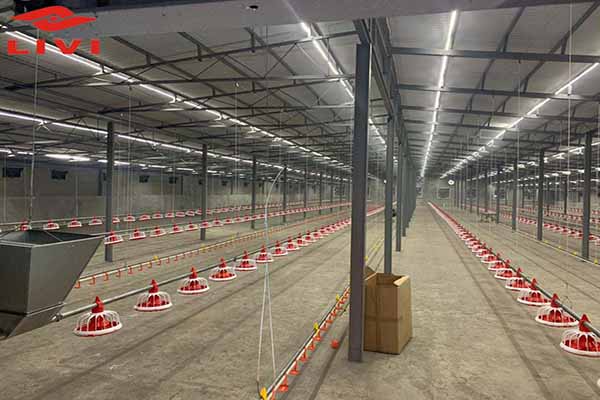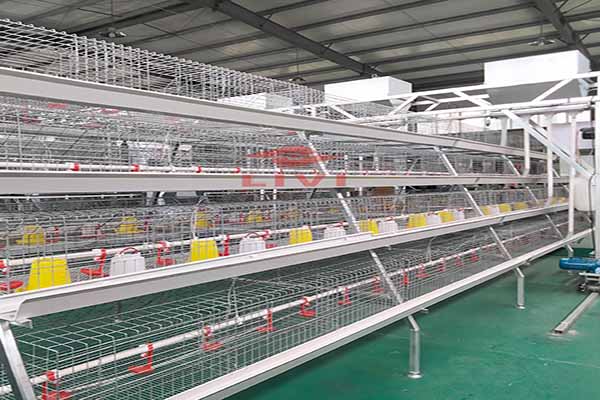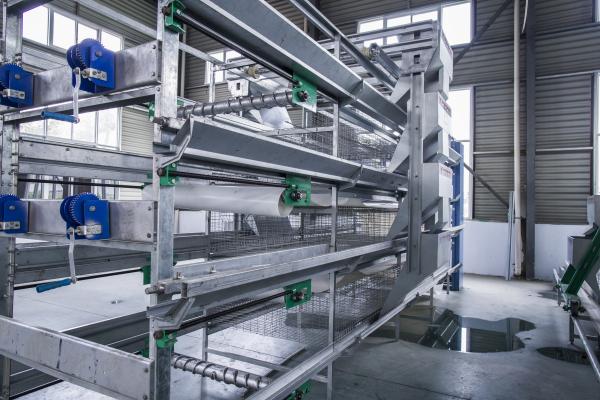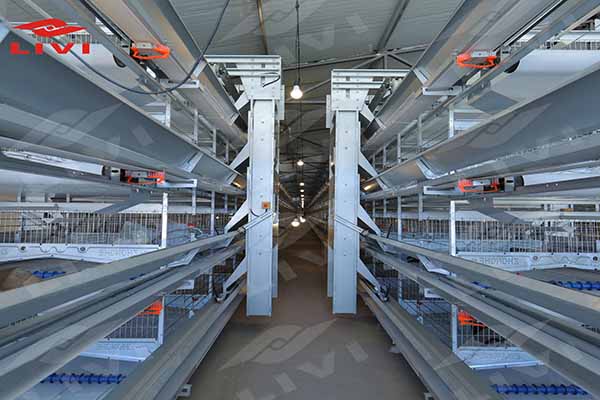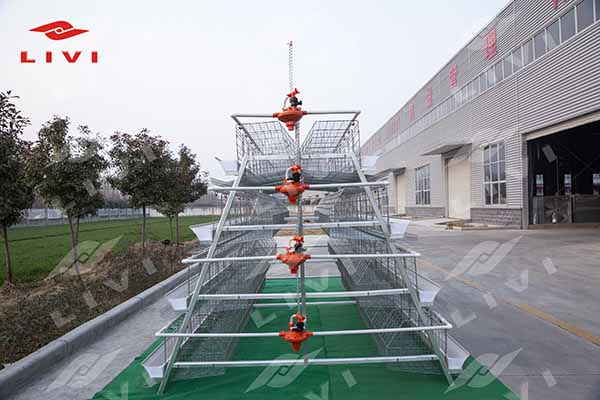Poultry farming in Guinea is a vital component of the country’s agricultural sector, providing a significant source of income and nutrition for many families. As the demand for poultry products such as eggs and meat continues to grow, modern farming techniques have become increasingly essential. One of the most effective methods is the use of chicken cages, which offer numerous benefits over traditional free-range systems. This guide provides a comprehensive Guide To Building A Poultry Farm Using Chicken Cages In Guinea, highlighting the steps and considerations necessary for success.
Understanding the Basics of Poultry Farming
Poultry farming involves the raising of domesticated birds such as chickens, ducks, and turkeys for their meat or eggs. In Guinea, chicken farming is the most common, with both small-scale backyard operations and large commercial farms contributing to the industry. Before starting a poultry farm, it’s crucial to understand the market demand, local climate, and geographical factors, as well as to obtain the necessary permits and comply with regulations set by the Guinean government.
Advantages of Using Chicken Cages in Guinea for Poultry Farming
Using chicken cages in poultry farming offers several advantages that can lead to higher productivity and profitability. Firstly, cages help maintain better hygiene, reducing the risk of disease by minimizing contact with waste. Secondly, they allow for efficient use of space, enabling farmers to house more chickens in a smaller area. Additionally, chicken cages improve feed management, reduce waste, and make it easier to monitor the health and productivity of the flock. These benefits often result in higher egg production and better-quality products.
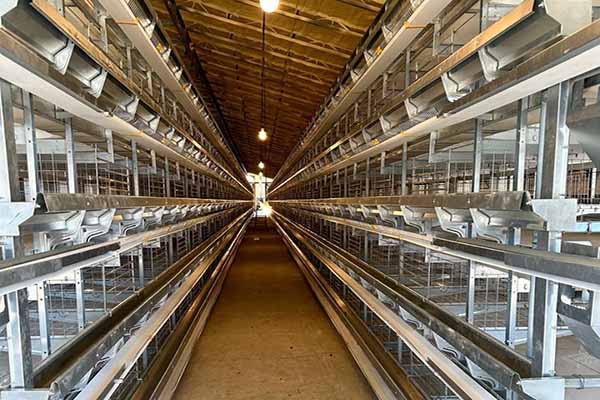
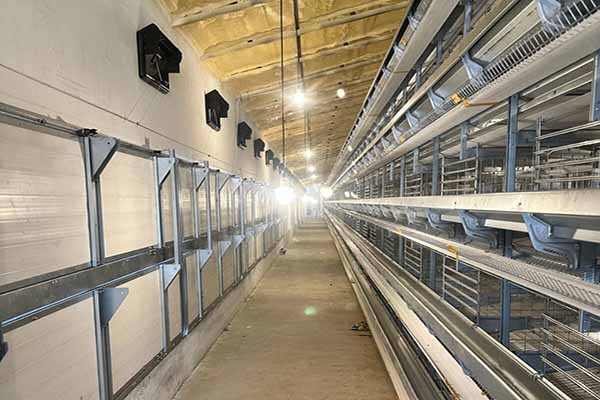
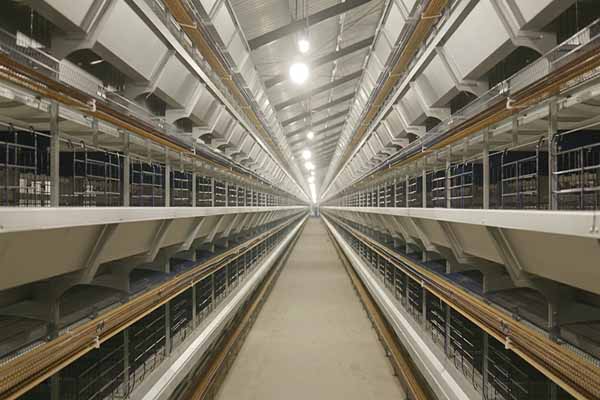
Chicken Cages For Poultry Farming
Planning and Designing a Poultry Farm Using Chicken Cages
When planning a poultry farm in Guinea, selecting the right location is key. The site should have good access to roads, markets, and essential utilities like water and electricity. The layout of the chicken cages should be optimized for airflow, lighting, and ease of access for cleaning and egg collection. It is also important to source high-quality cages that are durable and suited to the local climate. Livi Machinery, for example, offers robust chicken cages that are designed to withstand Guinea’s environmental conditions, ensuring longevity and efficiency in poultry operations.
Step-by-Step Guide to Building a Poultry Farm with Chicken Cages
- Conduct a Feasibility Study: Assess the market, competition, and financial viability of the farm.
- Create a Detailed Business Plan: Outline your goals, budget, and operational strategy.
- Acquire Land and Necessary Permits: Secure a suitable location and obtain all required approvals.
- Purchase and Install Chicken Cages: Invest in quality cages, such as those from Livi Machinery, and set them up according to your farm’s design.
- Set Up Essential Farm Infrastructure: Ensure proper ventilation, lighting, and water supply systems are in place.
- Stock the Farm with Quality Chicks or Hens: Choose healthy, high-yield breeds for your farm.
- Implement Biosecurity Measures: Establish protocols to prevent disease and ensure the health of your flock.
Managing the Poultry Farm Using Chicken Cages in Guinea
Effective management of a poultry farm involves consistent attention to daily operations. This includes feeding and nutrition management, regular health monitoring, and prompt disease prevention. Chicken cages facilitate these tasks by providing a controlled environment where feed can be administered accurately, and any signs of illness can be quickly detected. Additionally, egg collection is more straightforward, allowing for efficient storage and distribution.
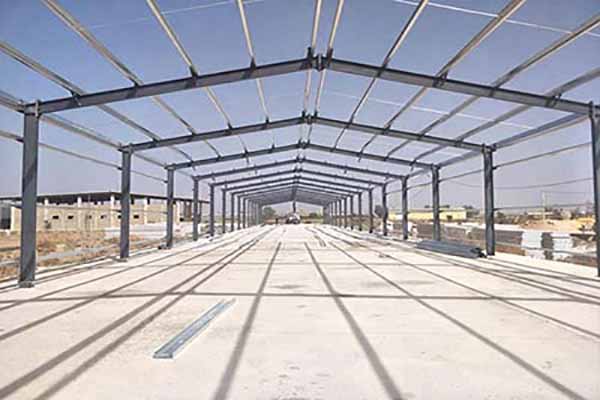
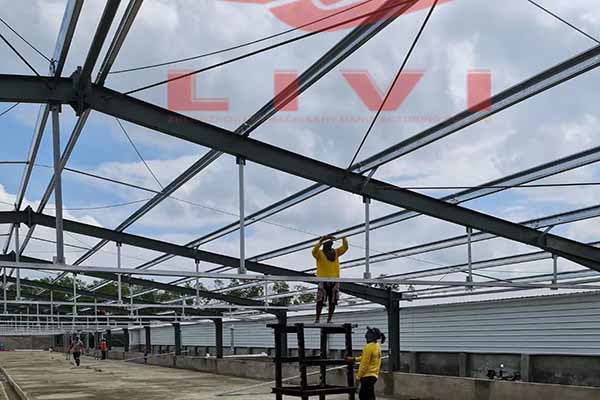
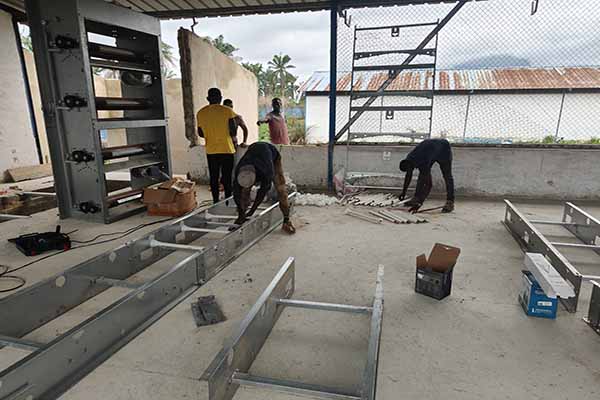
Building A Poultry Farm And Install Chicken Cages In Guinea
Economic Considerations and Profitability
Building a poultry farm using chicken cages requires an initial investment in land, infrastructure, and equipment. However, the long-term benefits often outweigh these costs. With increased productivity and lower maintenance, poultry farmers can achieve higher profit margins. Strategies for maximizing profits include optimizing feed efficiency, reducing energy consumption, and exploring opportunities for expanding into new markets. Case studies from successful poultry farms in Guinea show that investing in modern systems like chicken cages can significantly enhance profitability.
Challenges and Solutions in Poultry Farming with Chicken Cages
While using chicken cages offers many benefits, it also comes with challenges such as power outages and potential disease outbreaks. Solutions include installing backup power systems and implementing strict biosecurity measures. Adapting to Guinea’s unique farming conditions, such as high temperatures and humidity, is also crucial. High-quality cages from suppliers like Livi Machinery are designed to address these issues, providing better ventilation and durability under tough conditions.
Future Prospects and Expansion Opportunities
The poultry farming industry in Guinea is poised for growth, with increasing demand for poultry products both locally and internationally. As the industry evolves, there are opportunities for farmers to scale up their operations, diversify their products, and explore export markets. Adopting innovative technologies and practices, such as using chicken cages, will be critical for farmers looking to expand and stay competitive.
Choosing Livi Machinery for Your Poultry Farm
When it comes to selecting equipment for your poultry farm, choosing the right supplier is crucial. Livi Machinery stands out as an industry leader, offering a range of high-quality chicken cages designed to meet the specific needs of farmers in Guinea. The advantages of selecting Livi Machinery include their durable and corrosion-resistant cages, which are built to withstand Guinea’s challenging climate. Additionally, Livi’s cages are designed with optimal ventilation and space efficiency in mind, ensuring the health and productivity of your flock. The company also provides excellent customer service, including installation support and ongoing maintenance, making them a reliable partner for your poultry farming success. With Livi Machinery, you’re investing in quality, efficiency, and long-term profitability.
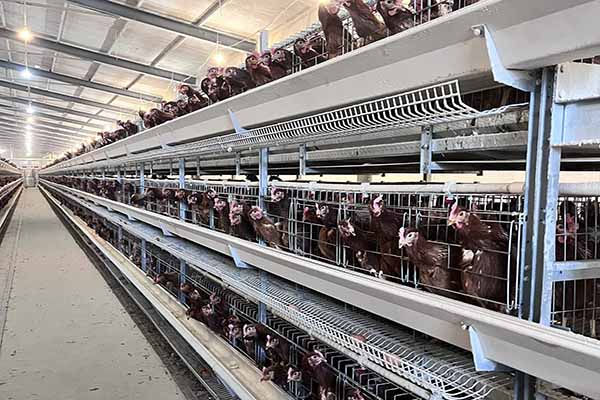
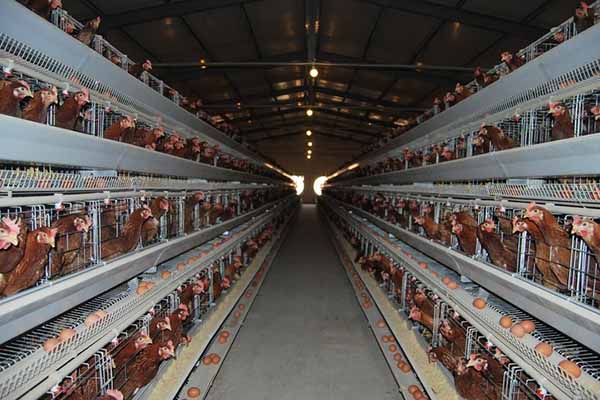
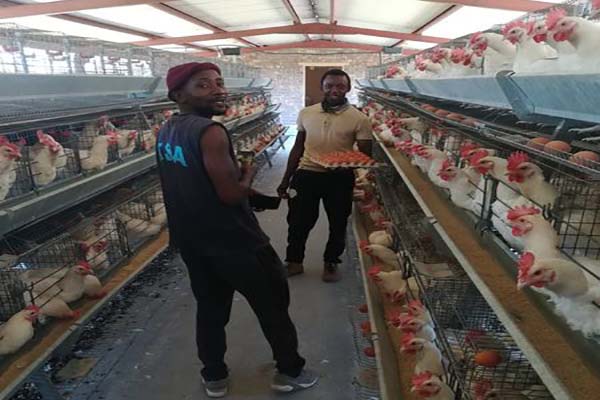
Using Chicken Cages In Guinea
Conclusion
Building a poultry farm using chicken cages in Guinea offers a path to sustainable and profitable farming. The benefits of improved hygiene, efficient space use, and higher productivity make this method an attractive option for both new and experienced farmers. By carefully planning, investing in quality equipment like Livi Machinery’s chicken cages, and managing the farm effectively, farmers in Guinea can achieve success and contribute to the country’s growing poultry industry.
Contact us now to start your chicken business, no matter where you are.
Leave us a comment in the comment form below.






